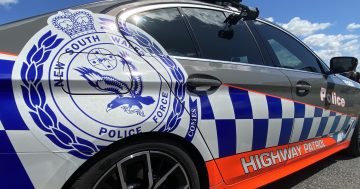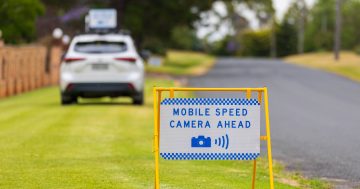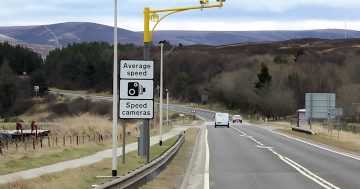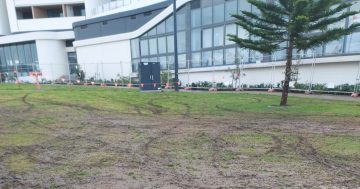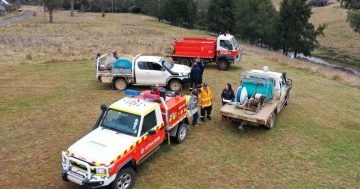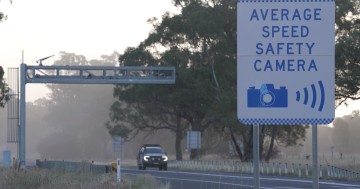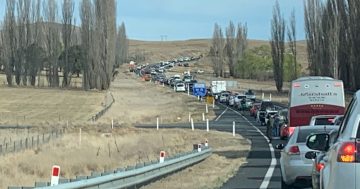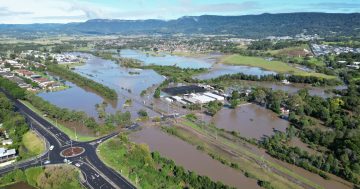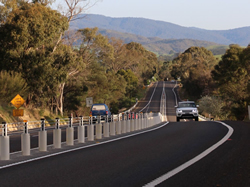 Victorians are being urged to stay vigilant while behind the wheel this long weekend (11-13 March) after a “horror” start to the year with 72 deaths on the State’s roads up to Wednesday of this week.
Victorians are being urged to stay vigilant while behind the wheel this long weekend (11-13 March) after a “horror” start to the year with 72 deaths on the State’s roads up to Wednesday of this week.
Leading the call for caution, the Minister for Roads and Road Safety, Melissa Horne said Victoria Police were out in force across the State, targeting speeding, drink and drug driving, fatigue, distracted driving and seatbelt compliance.
“It’s been a horror start to the year on Victoria’s roads, with 72 fatalities – compared to 50 at the same time last year,” Ms Horne said.
“There’s also been a 160 per cent increase in the number of fatalities at intersections this year compared with the five-year average – 54 per cent in regional Victoria and 46 per cent on metropolitan roads,” she said.
Assistant Commissioner Road Policing at Victoria Police, Glenn Weir said police were determined to turn the concerning trend around and would be targeting high-risk driving behaviour and non-compliance in an effort to reduce road trauma.
“It’s been a shocking start to the year on our roads – particularly on our rural roads,” Assistant Commissioner Weir said.
“However, a lot of the trauma we’re experiencing, particularly those single-vehicle fatal collisions, is tragically avoidable.”
Assistant Commissioner Weir said more than half of this year’s fatalities resulted from single-vehicle collisions, with two-thirds occurring on rural roads and 80 per cent of those involving vehicles leaving the road and colliding with a roadside object – predominately trees.
He said the concerning trend was being overwhelmingly caused by minor forms of non-compliance, rather than extreme driving behaviour.
“It suggests simple mistakes behind the wheel are leading to catastrophic consequences,” Assistant Commissioner Weir said.
“Speed, distraction, fatigue and not wearing a seatbelt are major contributors to single-vehicle fatal collisions,” he said.
“All such behaviours will be targeted during this weekend’s Operation Arid.”
Assistant Commissioner Weir said March was historically the highest-risk month on Victoria’s roads with collisions in both rural and metropolitan areas peaking during the month over the past five years.
“It’s up to all of us to turn this around and while police will be out enforcing at every opportunity, we cannot achieve this alone,” he said.
“We need everyone to play their part and that means getting back to basics behind the wheel – slow down, put down the mobile phone and pay attention to road signs, other road users and surroundings.”


